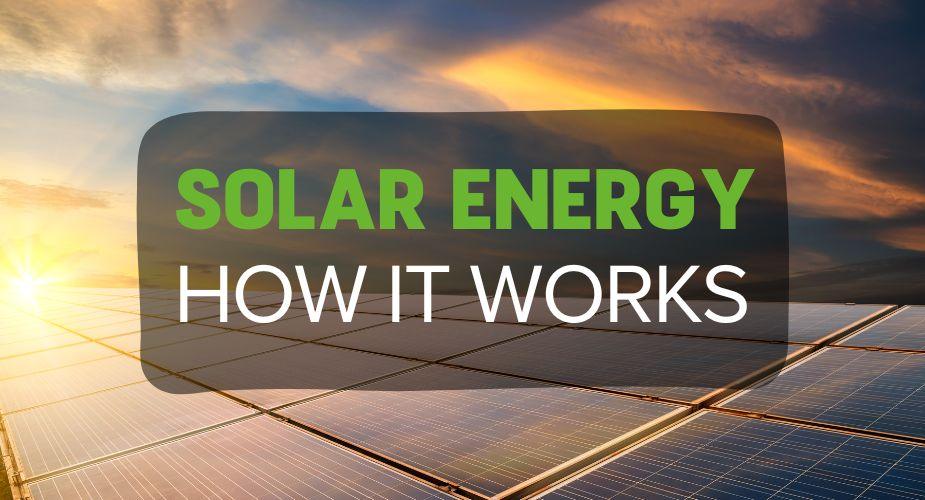Hurricane Milton made landfall in Florida with incredible force, leaving a trail of destruction and turmoil. Winds of over 150 mph ripped across coastal communities, storm surges inundated homes, and millions lost electricity. The catastrophic impact of Hurricane Milton has raised important questions about disaster preparedness, the vulnerabilities of coastal communities, and how residents can better safeguard themselves from future storms. In this essay, we examine the main facts about the storm and offer essential preparation tips for hurricanes to help residents stay protected and resilient.
Tips for Future Storms like Milton
Key Facts About Hurricane Milton

-
Record-breaking winds and Storm Surges
Hurricane Milton became one of the most intense storms to strike Florida, with sustained winds surpassing 150 mph. This Category 4 storm was especially destructive because of the tremendous storm surges it caused, which reached as much as twelve feet along areas of the Gulf Coast. Floodwaters overwhelmed low-lying neighborhoods, causing thousands of people to leave. Homes and businesses in Tampa, Fort Myers, and Naples were among the hardest hit, suffering extensive structural damage and huge losses. -
Unprecedented Power Outages and Infrastructure Damage
The hurricane's strength caused extensive power outages, leaving millions without energy for days. Roads were flooded, trees uprooted, and major routes were clogged with debris. Hospitals and emergency services struggled to cope with the sheer volume of people requiring assistance. Many coastal cities saw entire neighborhoods submerged, and the reconstruction process is expected to take months if not years. -
Emergency Response and Evacuations
More than a million residents in high-risk areas were ordered to evacuate by state and local officials. Emergency shelters were soon established to accommodate displaced families. While many people followed evacuation orders, others lingered, expecting to weather the storm, resulting in a large number of emergency rescues. Within hours of the storm passing, response teams, including FEMA and the National Guard, arrived on the scene, delivering essential relief and beginning the difficult process of recovery.
Essential Hurricane Preparation Tips

In the wake of Hurricane Milton, residents are being told of the importance of preparedness in facing future storms. Here are the key tips for staying safe before, during, and after a hurricane:
-
Prepare for Power Outages
Hurricanes often lead to power outages that can last for days or longer. Ensure you have an alternative power source, like a portable solar generator. Keep a supply of batteries and a cooler available to store food safely. If you rely on equipments that needs electricity, make sure to arrange backup solutions in advance. -
Have a Disaster Kit Ready
Every household should have a well-stocked emergency preparedness kit. This pack should include critical items, including water at least one gallon per person each day for three weeks. Non-perishable food, flashlights, batteries, a first-aid kit, medications, a portable charger for cell phones, and important files like insurance policies in a waterproof container. -
Know Your Evacuation Routes
Familiarize yourself with local evacuation routes and have a plan in place for where to go if a hurricane strikes. Whether you’re evacuating to a friend’s house, a hotel, or a shelter, make sure your family knows the plan in advance. Keep your vehicle filled with gas and ready to go at a moment’s notice, as gas stations often run out of fuel in the days leading up to a hurricane. -
Secure Your Home
Boarding up windows, securing outdoor furniture, and reinforcing doors will help to protect your property. If you reside in a flood-prone location, consider using sandbags to protect vulnerable entry points. Install storm shutters and ensure your roof is secure to avoid major damage. -
Stay Informed
Maintain weather updates from reputable sources, such as NOAA's National Hurricane Center. Alerts regarding the storm's direction, strength, and potential evacuations can save lives. A battery-powered radio is vital for remaining informed when power and internet services are unavailable. -
Protect Important Documents
Make sure to store your critical legal and financial documents—such as insurance policies, birth certificates, and property deeds—in a container that is both waterproof and fireproof. Additionally, it’s a good idea to create digital backups of these documents to safeguard against loss or damage. -
Check Your Insurance Coverage
Review your homeowners’ insurance policies to ensure you are covered for hurricane damage, including wind and flood protection. After major hurricanes, insurance claims can be delayed, so it’s important to understand your policy and the process for filing claims in the event of a loss.
Advantages of Having a Portable Solar Generator During Disaster

Having a portable solar generator during a disaster offers several critical advantages, ensuring safety, comfort, and convenience in challenging conditions:
- Power for Essential Appliances: A portable generator can keep essential appliances like refrigerators, freezers, and medical equipment running, preventing food spoilage and ensuring life-sustaining devices continue to operate.
- Lighting and Communication: It provides power for lights, radios, and charging phones or laptops, allowing you to stay informed with updates and communicate with loved ones or emergency services.
- Comfort: Generators can power fans, heaters, or air conditioners, helping to maintain a comfortable living environment in extreme temperatures.
- Independence During Outages: When grid power is down for extended periods, having a generator provides energy self-sufficiency, reducing reliance on external sources of help.
- Business Continuity: For small businesses or home offices, a portable generator can keep operations running, preventing loss of income or productivity during power outages.
- Improved Safety: Generators can keep security systems operational, ensuring your home remains protected even when the power grid is down.
Lessons for the Future
Hurricane Milton serves as a stark reminder that hurricanes can strike with warning, and their impacts can be devastating. Climate change is increasing the frequency and intensity of such storms, making it even more vital for people in hurricane-prone areas to be prepared. While reconstruction in Florida will take time, the community's resilience stems from its ability to learn from each catastrophe and incorporate better preparation measures in the future.
Residents may face the upcoming hurricane season with more confidence and safety if they invest in readiness now through home fortifications, emergency planning, and dependable energy solutions such as portable solar generators, which provide a sustainable power supply during outages. As Hurricane Milton illustrated, nature has enormous force, but with good planning and response, lives can be spared and recovery can begin sooner.













